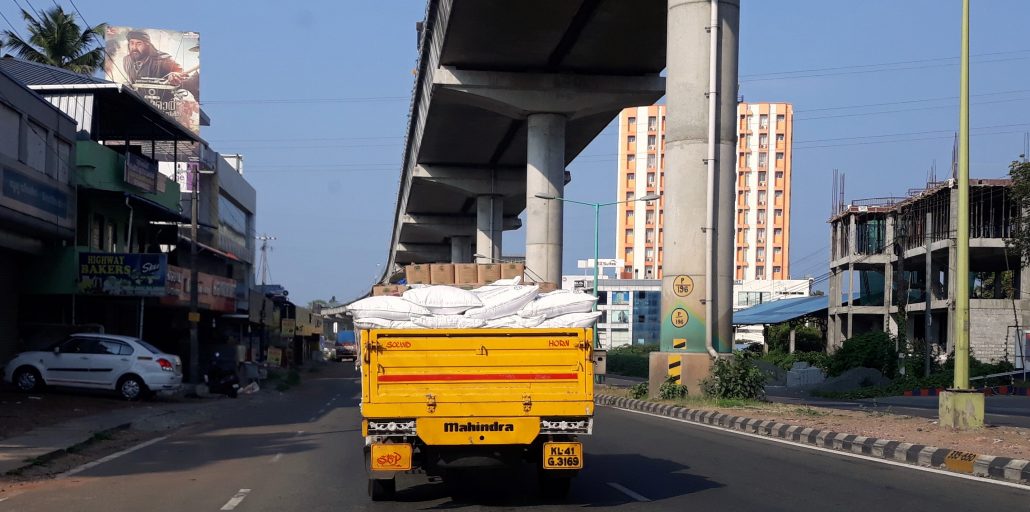Written by Tu My Tran, Senior Officer for Sustainable Mobility at ICLEI World Secretariat, based on the analysis by Ashish Rao Ghorpade and Vijay Saini, ICLEI South Asia Secretariat.
In recent years, natural disasters have hit cities hard around the world. The COVID-19 pandemic has however reached an unprecedented scale and the full impacts are still being assessed. Like never before, the crisis has unveiled how supply chains play a crucial role in responding to the disaster, essentially due to the scale and nature of today’s networked supply chains. The health emergency represents a sobering experience heightening the importance for cities to (1) adopt sustainable urban logistics planning and integrated approaches, (2) innovate through technology, and (3) strengthen partnerships. While these systemic practices are true for most cities around the world, this article will spotlight best practices from India, where the largest preemptive country-wide lockdown was enforced on 24 March, restricting movement for 1.3 billion people and disrupting supply chains. Particularly, operations of the trucking industry were affected, which alone directly employs 30 million people, and sustains the livelihood of more than 150 million people.
Adopting sustainable urban logistics planning and integrated approaches
During the current health emergency, city leadership and actions have been crucial in ensuring a smooth supply of essential goods like groceries and medical supplies. Cities such as Ahmedabad, Chennai, Indore, Kochi, Nagpur, Pune, Shimla, Surat, and many more, are facilitating essential deliveries.
Remarkably, the Uttar Pradesh government has deployed more than 40,000 motorized vans and manual carts for doorstep delivery of fruits and vegetables.
Supply chains go beyond the city borders calling for multi-level coordination and collective actions. In the initial stages of the lockdown, the National Disaster Management Authority (NDMA) of India coordinated all the ministries and departments of the national government, state governments, and cities (Union Territory authorities) to take suitable measures to ensure a sustainable supply of essential goods during the entire duration of the lockdown. This coordination helped address initial operational hurdles and facilitated the swift movement of essential goods including groceries and hygiene products across regions within the country.
The pandemic has highlighted the importance for cities to formulate an action plan for sustainable urban logistics management, which needs to be integrated within existing urban development and transport policies and consider resilience guidelines. These plans can help with strategic and tactical preparedness, operational collaboration, and multi-governance alignment during a crisis. ICLEI’s EcoLogistics project is assisting the Indian cities Kochi, Panaji, and Shimla to draw up an urban freight baseline. They are in the process of crafting low-carbon action plans for urban freight, supporting the implementation of demonstration projects in cities, and highlighting national Ecologistics policy recommendations. Moving forward, these recommendations are expected to address imbalances in the supply and demand networks thus minimize future disruptions in supply chains and freight transport, as well as enhance public-private synchronization and above all improve coherence between national and subnational government policies.



